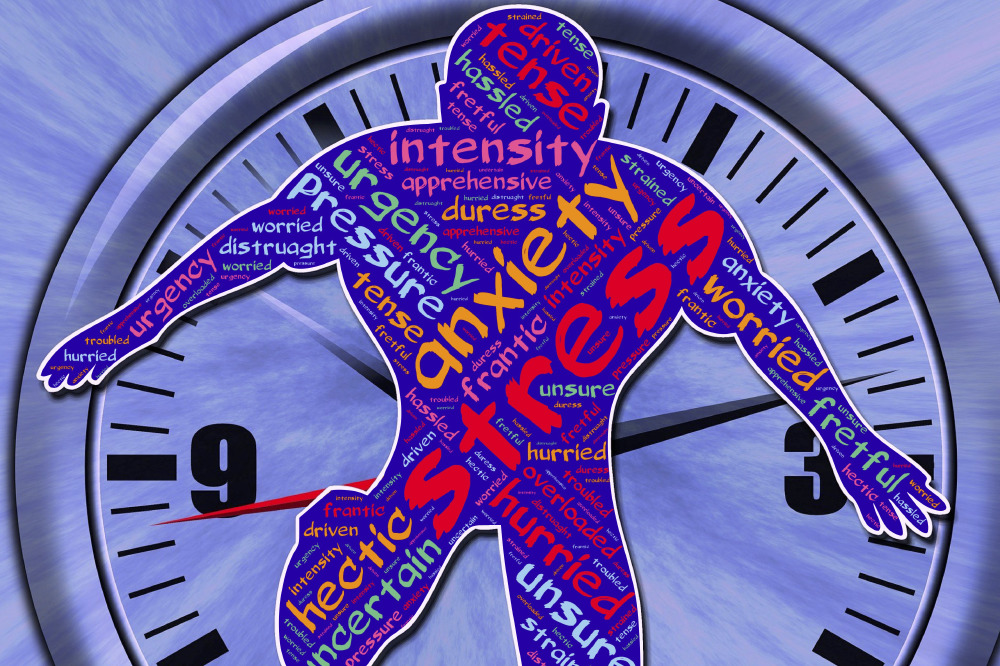It's Mental Health Awareness Week and as someone who has had her fair share of psychological obstacles, I've learnt a thing or two about fighting back. Here's a list of seven very easy exercises that can be done pretty much anywhere, anytime, whenever you're feeling especially depressed or anxious. They're tried, tested, and extremely effective.

Photo Credit: Pixabay
1. Self-affirmations to your inner child
We don't all find it easy to look in a mirror and tell ourselves positive things, especially when we have body image problems. Instead, try making daily positive affirmations to a photograph of yourself as a child. It's harder to be negative towards a child, even if it is you. You'll find yourself wanting to be protective of this child version of yourself, and thus makes self-love much easier.
2. One good thing a day
Keep a notebook and everyday write one good thing that happened that day. It could be as simple as enjoying a cup of tea or being out on a sunny day. Maybe you made a new friend or watched a trailer for a movie you'd been anticipating - whatever has given you some kind of pleasure, contentment or relief. Try to make this a daily journalling exercise.
3. Listen to your favourite song
Think of a song that makes you happy or calm and make sure you have it on your phone. Try to carry headphones around with you so you can listen to it whenever you feel yourself getting overwhelmed or troubled. You'll find the familiarity helps ground you in a place of contentment. If, for whatever reason, that's not possible, try tapping it out, humming it or singing it in your head.
4. Make a list and do half of it
It's easy to get anxious when you feel like you have a million and one things to do when you wake up each day, and sometimes that leads to serious under-productivity. So make a list of what needs to be done the next day before you go to bed. Revise the list in the morning, re-arrange the items in order of how easy they are and make it your aim to get at least 50% of the tasks done. Never put pressure on yourself to tick off every item, and take each task as it comes. You'll find that being able to tick something off each day gives you a sense of accomplishment that increases the levels of dopamine in your brain making you more motivated.
5. Focus on breathing
This is one you'll probably find yourself hearing a lot but that's because it honestly does work. Breathing deeply increases the supply of oxygen to your brain which stimulates the parasympathetic nervous system and makes you feel calm. Without going into a complicated process of different breath counts you can do, just make sure you're sitting comfortably, breathe in through your nose for five seconds and then out through your mouth for another five seconds. Do this for as long as you need to.
6. 54321 grounding exercise
One way to ground yourself and bring you back to the present when you're experiencing a panic attack is this quick and easy sense-focused exercise. Concentrate on five things you can see, then four things you can hear, three things you can feel, two things you can smell and one thing you can taste. It's designed to isolate your senses and stop you feeling overwhelmed.
7. Snap away the dark thoughts
Keep an elastic band or hair tie on your wrist. Whenever troubling thoughts enter your brain, twang it against your skin three times. Not so hard that it hurts a lot, but enough to train your brain to think of a motivational phrase every time you do it. This could be: "I will not let anxiety control my thoughts". When you get the hang of doing it, you'll find it's a quick method to snap you back to reality.
BONUS
Not quite as easy to do on a regular basis but get yourself a dog-training clicker and click it three times whenever you experience a positive emotion. If something makes you laugh or you've had a nice phone call from a friend, click the clicker. What you're conditioning your body to do is associate that noise with a surge of serotonin. Thus, when you feel down or anxious, you can click the clicker and, in theory, your brain will respond as if you've just taken an anti-depressant.
Tagged in Mental Health

